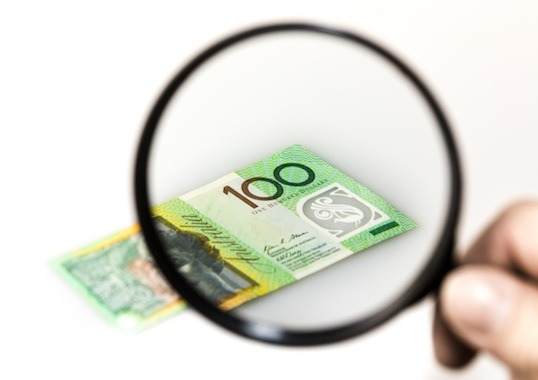By Stephen Koukoulas
Some two weeks after the budget and more than eight months after being sworn in to office, the Abbott government continues to trash talk the economy, seemingly unaware of the damage it is inflicting on consumer sentiment and business conditions.
While unrelenting negativity on the economy and budget was an election-winning strategy from opposition, it is a self-defeating tactic for a government. People want the government to govern, not to tell them how bad things are, even if they are and certainly when they are not.
Consumers and businesses scale back spending, investing and hiring when their confidence is down. Many might be asking, “if the government thinks we are in a crisis, the budget is a wreck and there is some sort of economic emergency, I need to be careful with my financesâ€.
When the Coalition came to power in September last year, the effect on confidence and economic activity was powerful. In anticipation of an inevitable Coalition win, the NAB measure of business confidence surged from -3 points in July 2013 to +12 points in September – a three and a half year high.
In a similar vein, the Westpac-Melbourne Institute index of consumer sentiment rose from a low of 97.6 points in May 2013 to 102.1 points in July and then spiked to 110.6 points in September. It was a return to happy days for business and consumers.
What happened to the economy over this time?
Retail spending surged, with annual growth lifting from a low 1.4% in July 2013 to a strong 6.1% by January 2014. Employment growth – which had been lacklustre, with total job creation effectively zero in the six months before October 2013 – surged, creating 100,000 jobs in six months. It was a similar story with house building approvals, house prices and even credit growth. All edged up in the period after the election.
In very simple terms, the election of the Abbott government helped to deliver a rise in optimism and with that, renewed strength in economic activity and employment. That goodwill is rapidly fading, as the government, from the prime minister down, continues to scare the population with talk of crisis, emergency and an economic disaster.
In the last month or two, there are some signs that the economy is reacting to this run of negativity. Consumer sentiment has dropped 16% from its post-election peak and is actually so weak that it’s close to matching consumers’ reaction to the global financial crisis. Business confidence is also down, as is the growth in retail sales, the number of new housing starts and house prices.
This dip in activity is certainly not the result of the global economy, which looks to be well entrenched on a path to solid growth. Nor can it be interest rates, which remain at record lows. Nor is it any problem in financial markets, with share prices still solid and the Australian dollar holding in the low 90 US cent range.
In a recent video message on the budget, Abbott was bleak. In just over two minutes he outlined the government’s plan to (with my emphasis), “address Labor’s debt and deficit disaster”:
Let’s remember the problem that the Government is trying to fix – Labor squandered this and ran up five record deficits and a further $123 billion in projected deficits and gross debt headed towards $667 billion. You pay for that. You pay for that debt every single day … At the moment we are borrowing to pay that interest, which is like a household paying the mortgage on a credit card.
Most observers know that the substance of these claims is wrong. There is no debt disaster or any serious need to repair the budget. To be sure, there is a need to ensure that budget retains the glide path to surplus over the next few years, but no more.
The election was almost nine months ago, and the Abbott government is roughly one quarter of the way through its first term. It would be ironic were the trash talk to become a self-fulfilling prophesy, resulting in weaker than expected growth, revenue downgrades and a budget deficit blow out.

